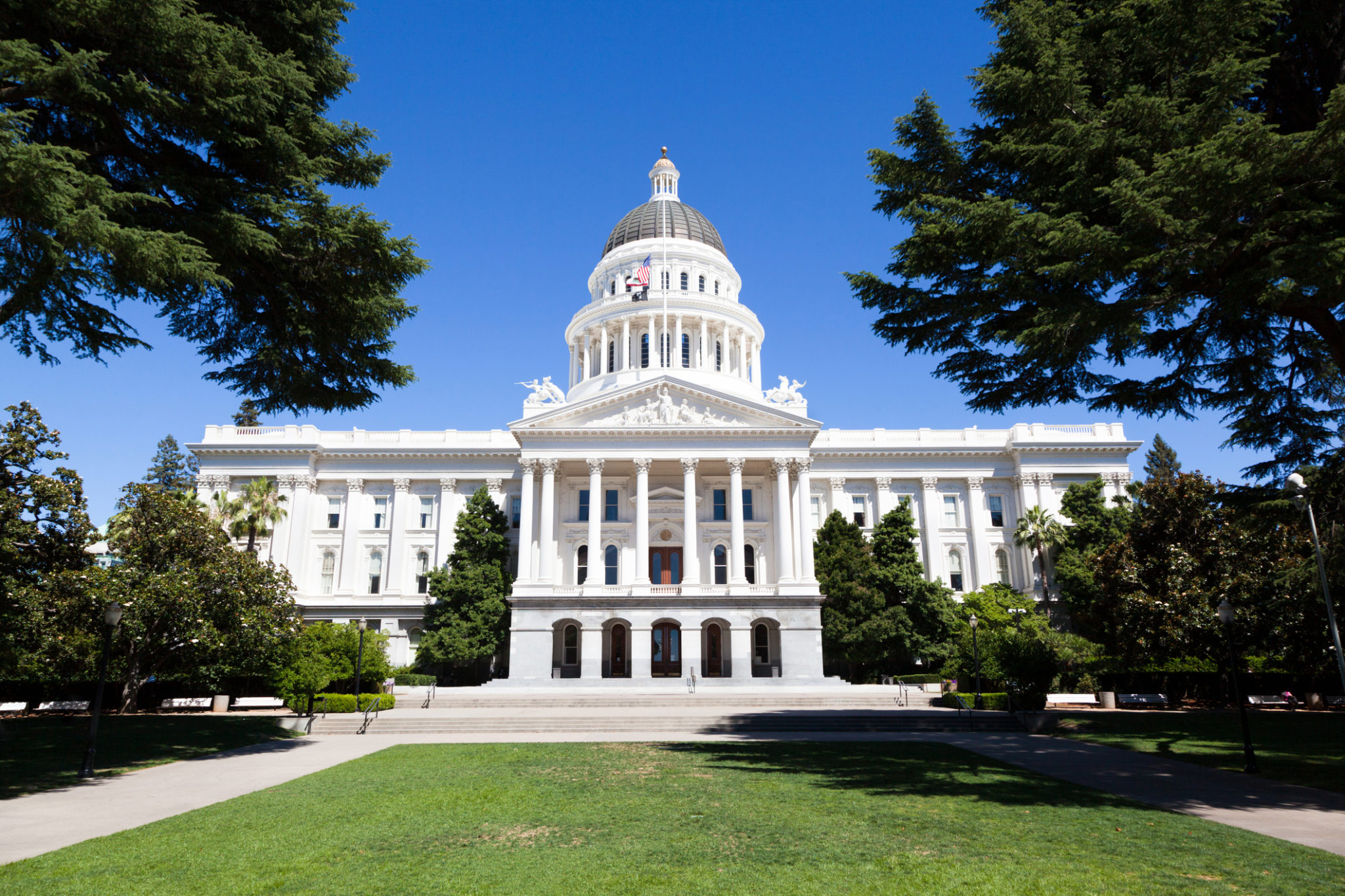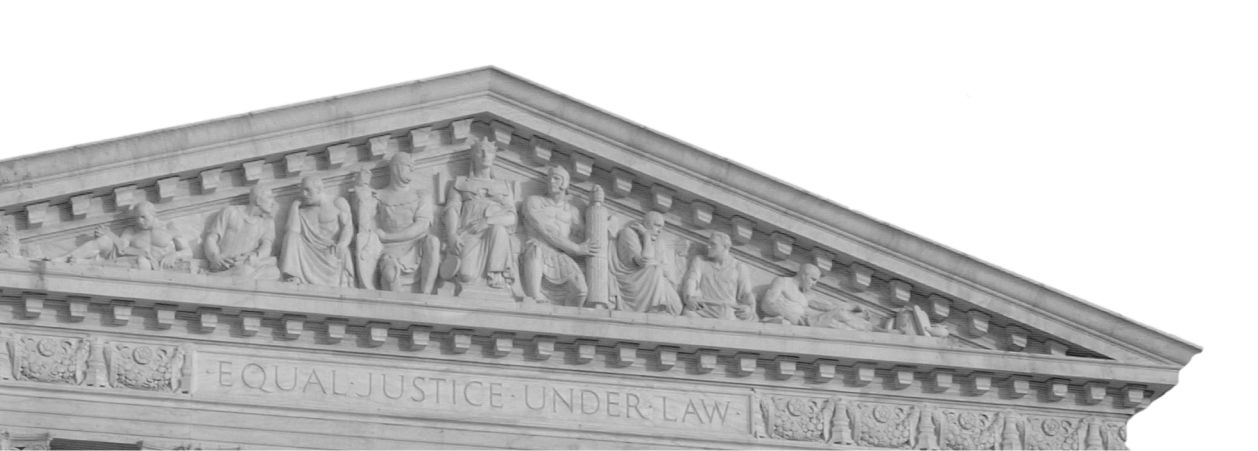Guide
Legislation
Money & Influence Legislation

Money & Influence Legislation
2022 Legislation
Anti-Pay-To-Play
SB 1439 (Glazer – Orinda)
California Common Cause supported this Legislation
Summary: SB 1439, passed in 2022, mandates anti-pay-to-play policies in all California local jurisdictions. It prohibits local elected officials from voting on matters if they’ve received over $250 in campaign contributions from involved parties within a 12-month period. The law extends to public members lobbying on relevant issues with financial interests. SB 1439 builds upon the Levine Act of 1982, aiming to curb corruption and undue influence in state and local government.
2020 Legislation
Local Campaign Finance Transparency
AB 2151 (Gallagher – Yuba City)
California Common Cause supported this Legislation
Summary: Transparency is one of the most effective means of combating the influence of big money in politics. Unfortunately, most campaign finance disclosures for local offices like city council or school board are filed as paper copies with either the local city clerk or county registrar of voters. This means members of the public who wish to review these records have to either appear before the clerk or registrar in-person or make a formal public records request, both of which take time and reduce government transparency. This bill would require local governments to post these campaign finance disclosures online so that anyone the public, the press, or opposing candidates can see them.
2019 Legislation
Local Contribution Limits
AB 571 (Mullin – South San Francisco)
California Common Cause sponsored this Legislation
Summary: Existing law sets campaign contribution limits for statewide elective offices. This bill would set the same contribution limits for county and local elections. It would also allow jurisdictions to set their own contribution limits, should they decide to do so.
Disclose Act on Initiative Petitions
SB 47 (B. Allen – Santa Monica)
California Common Cause supported this Legislation
Summary: The Disclose Act on Initiative Petitions would bring much needed transparency to state and local petition campaigns. This bill would require the Official Top Funders of a petition committee to be identified in the petition materials. It would also require the committee to create a public website identifying their top contributors and to share updated contributor information with the Secretary of State.
2018 Legislation
Political Party Committee Disclosures
AB 84 (Mullin -South San Francisco)
California Common Cause opposed this Legislation
Summary: AB 84 is a gut-and-amend bill that will be the biggest rollback of the Political Reform Act’s campaign finance laws in at least a decade. It allows the Democratic and Republican leaders of the Assembly and Senate to form and control their own “political party committees,” which enables them to solicit and receive contributions up to $36,500 for their targeted state races that’s more than eight times the $4,400 maximum currently permitted by law. The bill makes it legal for legislative leaders, from these committees, to give unlimited amounts of money directly to state candidate committees. And it even enables legislative leaders, for the first time, to receive unlimited contributions that they can then spend in unlimited amounts on independent expenditures for and against candidates something that is illegal under current law. It also makes modest changes to financial disclosures.
Social Media Disclosure Act
AB 2188 (Mullin – South San Francisco)
California Common Cause is sponsoring this Legislation
Summary: This bill follows up on last year’s AB 249, the California Disclose Act, which was a major victory for California Common Cause. AB 2188 requires all online social media platforms to include a “Who funded this ad?” link on all sponsored posts on social media websites. Clicking on the link will take the user to a list of top three funders of the ad. AB 2188 will create clear, informative disclosures on social media advertisements and provide the public with a convenient way to see who is funds political ads on social media.
Ballot Initiative Transparency
SB 651 (B. Allen – Santa Monica)
California Common Cause was involved in the drafting of this Legislation
Summary: SB 651 will improve disclosure on ballot measure petitions by requiring circulated initiative, referendum and recall petitions to include either on the petition or on a separate document an updated, accurate disclosure of the committee that paid for the petition, plus that committee’s top 3 funders. The measures proponents may also list up to three other supporters of the measure, in order to show broader support. Understanding who is funding and who supports an initiative campaign can provide valuable context to registered voters, and may inform their decision to sign or to more closely inspect the circulated petition.

